Camping Safety Tips
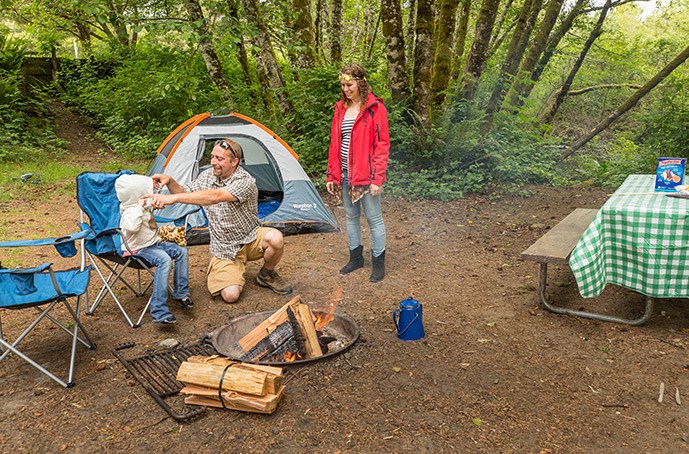 Camping is a fun way but there are many tips to ensure your safety. So if you want your next campaign trip fully fun and enjoyable then check out the following safety guidelines.
Camping is a fun way but there are many tips to ensure your safety. So if you want your next campaign trip fully fun and enjoyable then check out the following safety guidelines.
Select the Right Shelter and Site
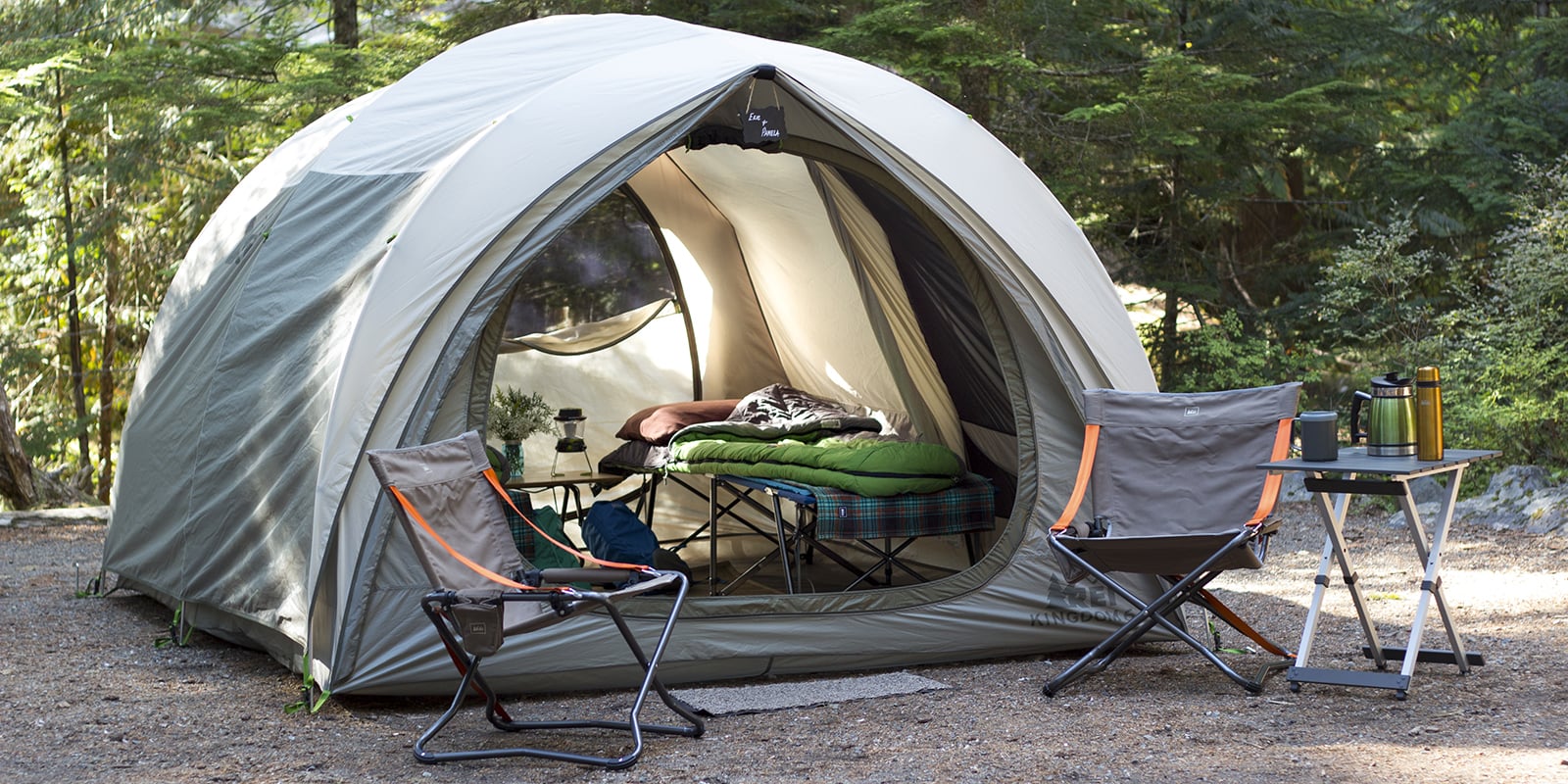
It is very important to select the right place or sites for your camping. if you’re staying in a tent select carefully what gear you’ll need based on your site choice. If you are camping in a cabin you can have full beds and bunk beds. But sleeping in a tent will require you to bring an air mattress, sleeping bag or other accommodations.
Get Vaccinated
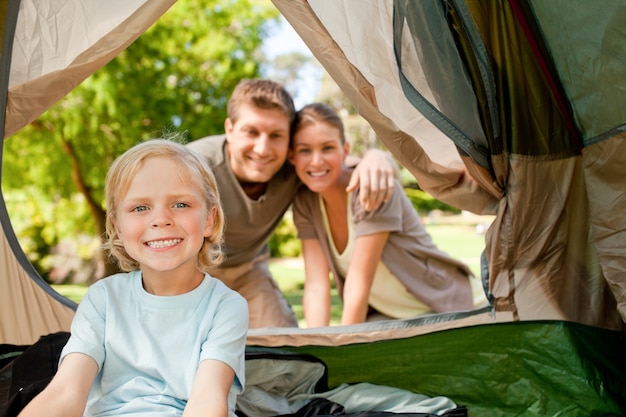
Before go for camping, check with your doctor or nurse to see if you’ve had all of the recommended vaccines. It can help protect against certain diseases and conditions on your trip.
Check Weather Report

Before go for camping Make sure to keep an eye on the weather forecast in your camping area. Pack your bag essential instruments based on rain, snow, and high heat and humidity.
Pack Safe Food and Water
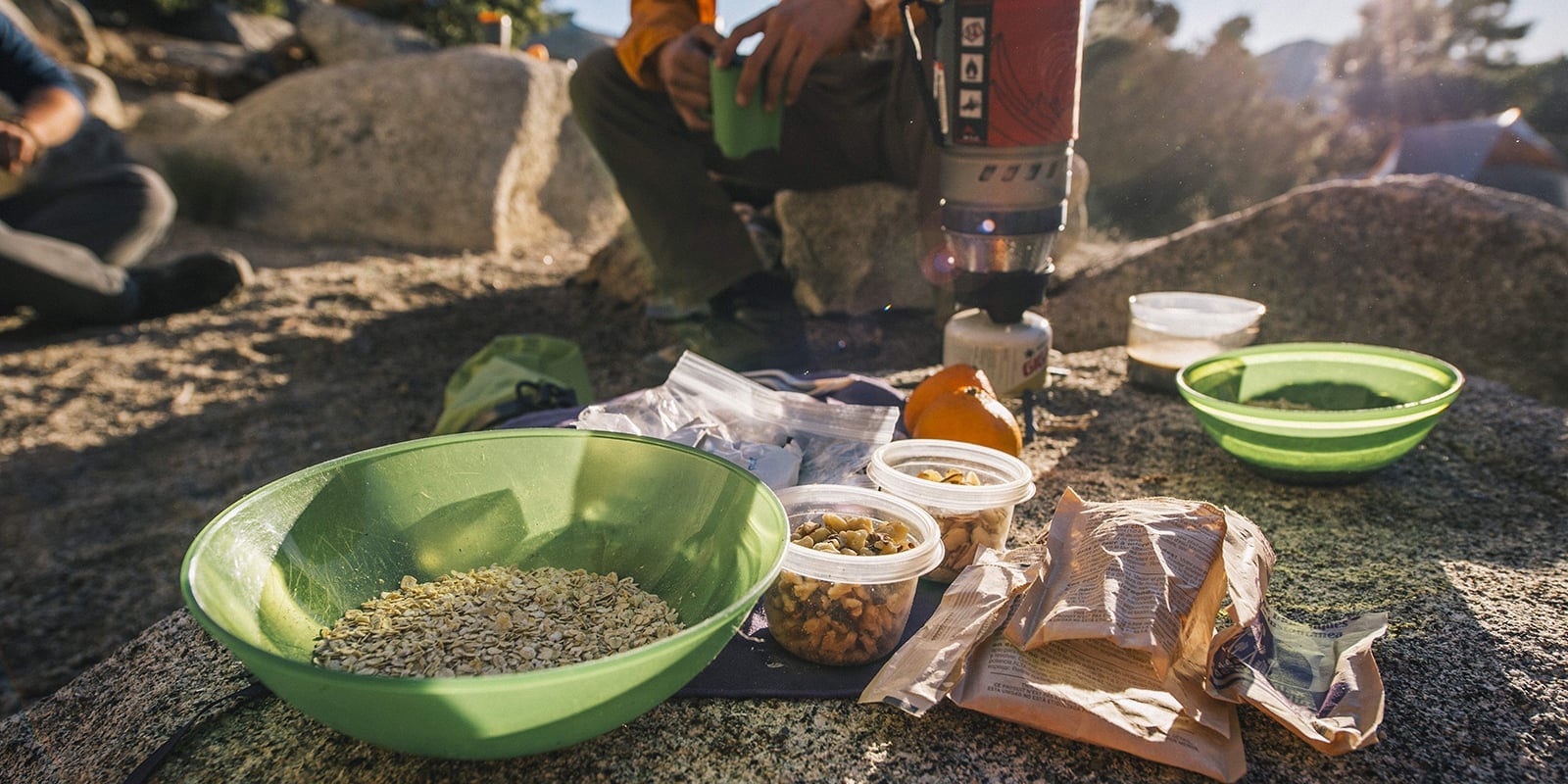
Bring safe and healthy foods along on your camping. Pack foods in tight, waterproof bags. Do not leave food out on picnic tables or anywhere. It may attract wildlife. So pack your extra food in a tight bag after finished your meal too. Wash hands and surfaces always. Separate raw foods from cooked foods and Cook foods to proper temperatures.
Protect Your Skin From the Sun

Don’t think UV rays are absent on cloudy days. It can reach you all year. Always Use sunscreen and lip screen with at least SPF 15. Wearing a hat and sunglasses can also help you from UV rays.
Save Yourself Against Carbon Monoxide Poisoning

Carbon monoxide is dangerous for humans and pets. So do not use fuel-burning equipment like a gas stove, heaters, lanterns inside your shelter. It can increase the carbon monoxide level. You should bring adequate bedding and clothing to prevent colds rather than using this harmful material.
Physical Activities

Walking, hiking, biking, or swimming is a great way to get physical activity while you are camping. Bring protective gear like helmets, sturdy shoes, and life jackets. Avoid injury during activities. Know your limits, also avoid poisonous plants. Never swim or hike alone.
Campfire Safety
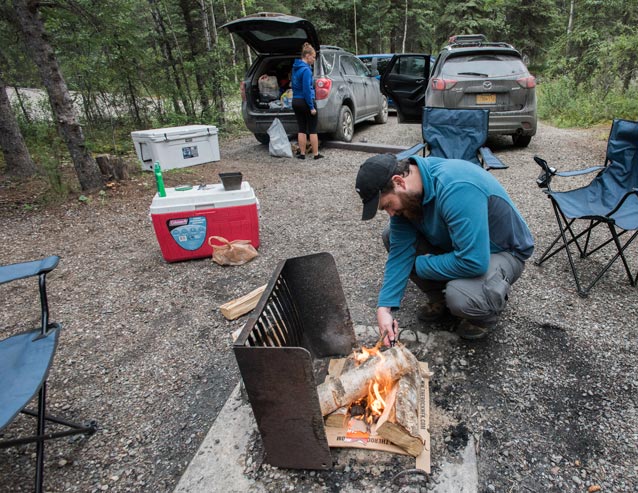
Your campsite should be at least 15 feet from tent walls, shrubs and trees. Keep your fire small and contained in an area like a fire pit. Never ever leave a fire unattended. Always keep a water bucket and put the fire out before leaving.
Fight the Insect Bite

To protect yourself from mosquitos, ticks and other insects, apply insect repellent containing DEET to exposed skin. It doesn’t dissolve easily in water. Follow directions on the package carefully. Daily Check for ticks, especially in unsuspecting areas of your body. And remove them promptly. Wear light-colored clothing, long-sleeved shirts, and long pants to avoid direct contact with insects.
Avoid Wild Animals

Some wild animals carry diseases that are dangerous to humans. Storing your food in a car, or food storage locker can attract unwanted wildlife. Enjoy watching them from a safe distance in their natural surroundings, Be sure to avoid touching and feeding animals. Always keep a close eye on your family pets. If you touch any animal unintentionally, wash your hands with soap and water or by using a hand sanitizer.
Be Prepared

Always be prepared for the unexpected. No one knows what will happen in the future. Before go for camping, ell family and friends your plans. Bring first aid kits, compass or GPS. Flashlight, blankets, right clothes. Plan what to do when toilets are not available. Before returning home, check for ticks, skin rashes or sunburn and other problems.